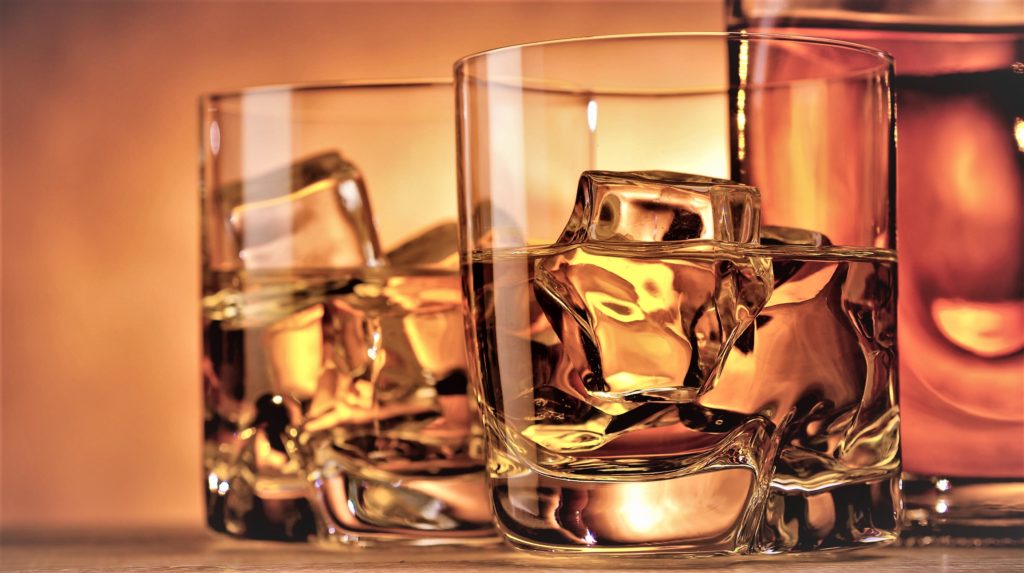Is the liquor ban near highways is a socio-economic fallacy?
While the liquor ban on highways aims to curb drunk driving and promote road safety measures, the unprecedented decree by the Supreme Court of India is deemed as undue judicial activism and lacks the proper understanding of various complicated socio-economic issues.
The Supreme Court of India has enforced a law that prohibits the serving of liquor at restaurants and hotels that are located within 500 metres of national and state highways. Beyond the financial loss, which is estimated at INR 650 billion, around 100,000 job losses are estimated. India’s highway liquor ban comes as an economic detriment as reflected in most of the news sources, as state governments lament on tax revenues and hoteliers and prominent hospitality groups moan over the apprehensive down market. However, the issue that remains predominant would be the massive job loss. Whether the central or the state government have a plan to compensate the layoffs is still to be seen, but the poor awareness can be held responsible for such a drastic stride.
Riyaaz Amlani, the President of the National Restaurant Association of India (NRAI) said in a statement to the press that the numbers are not yet confirmed but the loss to the states and the job losses are far reaching. Amitabh Kant, CEO of NITI Aayog, described the highway liquor ban verdict to affect around 1 million jobs in a tweet.
The primary objective of the Supreme Court to ban liquor sales near the highways come from the mishaps on the highways that are directly or indirectly contributed by drunken driving. So, the focus on road safety being one of the prime agendas might come as a major financial loss to some of the marginalised workers at these liquor shops.
Wake up… People are jobless , Money is being lost by the government …For a rule that makes no sense #LiquorBan #drinkanddrive
— Alex Fernandes (@alexfer09060450) April 5, 2017
Unemployment, revenue loss and impact on tourism
The Supreme Court’s order prohibiting shops, hotels, and bars located on or within half a kilometre from the state and national highways from serving alcohol came to effect on April 1. The questions asked are imperative, to say the least. What will be the fate of the hundreds of bar attached hotel buildings that were operating since decades along the highways? Does this decision imply that these buildings should be shut as they can’t be relocated for sure?
Interestingly, the distance from the highway mentioned in the law is also an issue to consider. The pertinent question would be what happens if people drink from shops or hotels that are at the permissible distance and still continue to drink and drive?
What the history of banning liquor in India would say is that these impositions will lead to black market proliferation and other drugs making its way to the society.
The law of the state could have considered placing stringent traffic rules and effective measures of enforcing those rules rather than banning liquor shops near the highways. Laws such as cancellation of driving license for violators of the traffic safety laws would have made more sense. The loss of jobs, state revenues and the impact on tourism due to the ban of liquor shops near the highways could have been prevented at the same time.
How the hell did the court come up with 500 mts? So if it’s at 501 mts then no drunk driving happens? These judges are specimens! #liquorban
— EyestreetTimes (@EyestreetTimes) April 5, 2017
Societal awareness ignored
The outlook of the government, as well as the Supreme Court, look absolutely pious – they want to stop road catastrophes leading from reckless drunk driving. However, banning liquor shops could have been the last resolve. Then there are moral souls talking about how the villages in India would benefit with this liquor ban as most of the men would beat up their wives under the influence of alcohol. Do we really dwell in a time when a perpetrator of such a crime waits for a spirit hub near the highway? Accidents are caused more due to reckless driving than anything else. Wouldn’t an awareness programme to educate people with the road safety measures and the penalties associated with it with stringent enforcement of traffic rules made more sense? In a country like India, where the highways are crammed by heavy vehicles driven by not-so-educated entities along with a host of rogues drunk more with the spirit of riches than what is banned, an outlaw on a perennial source of income for almost a million is deemed unfortunate for a developing nation like India.










